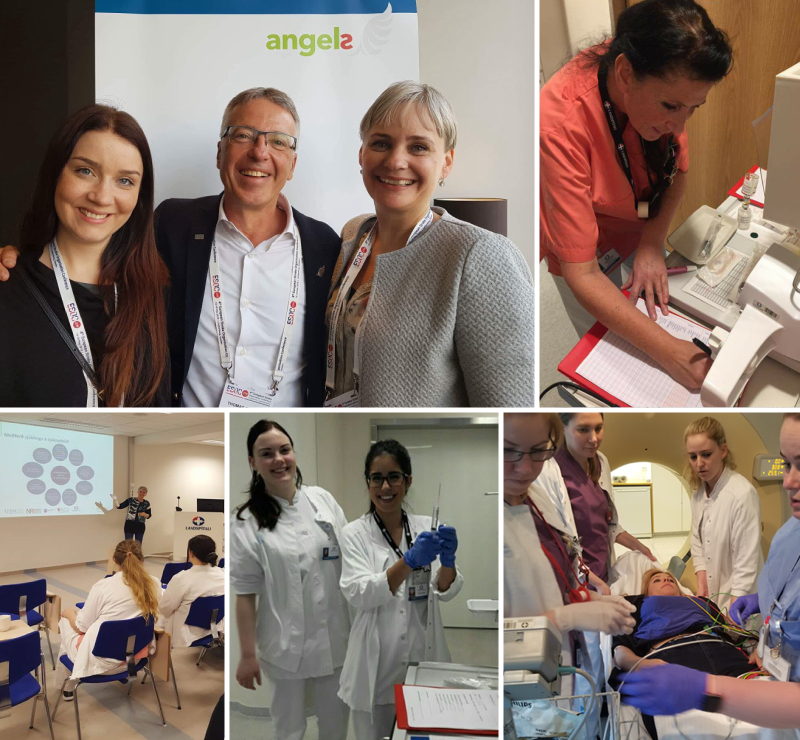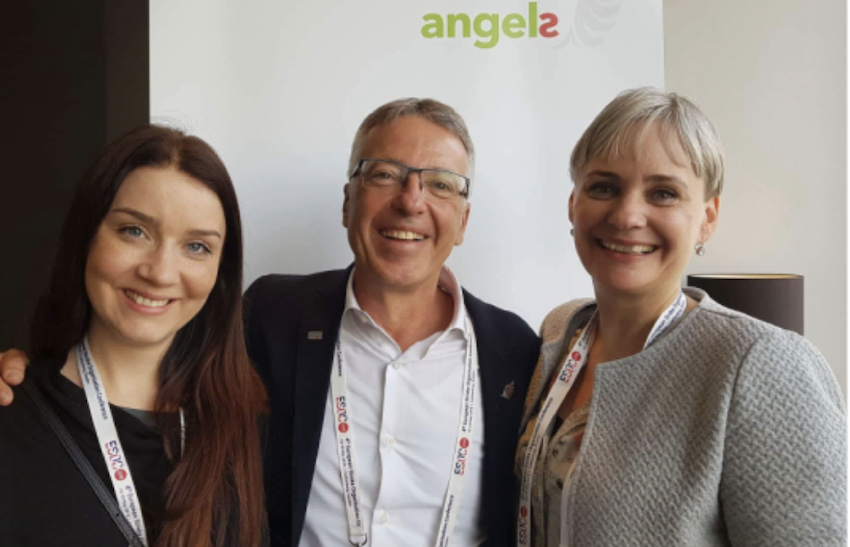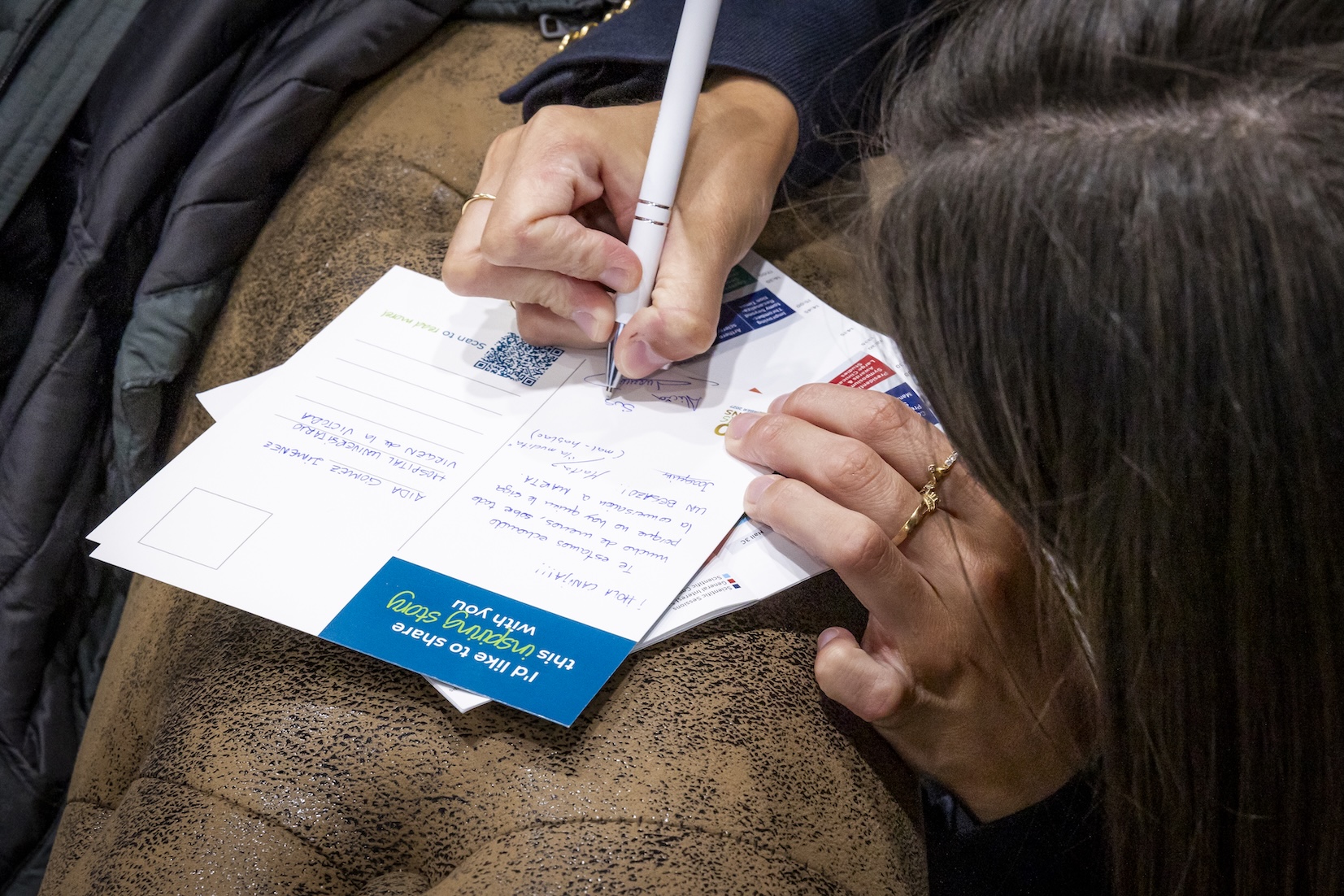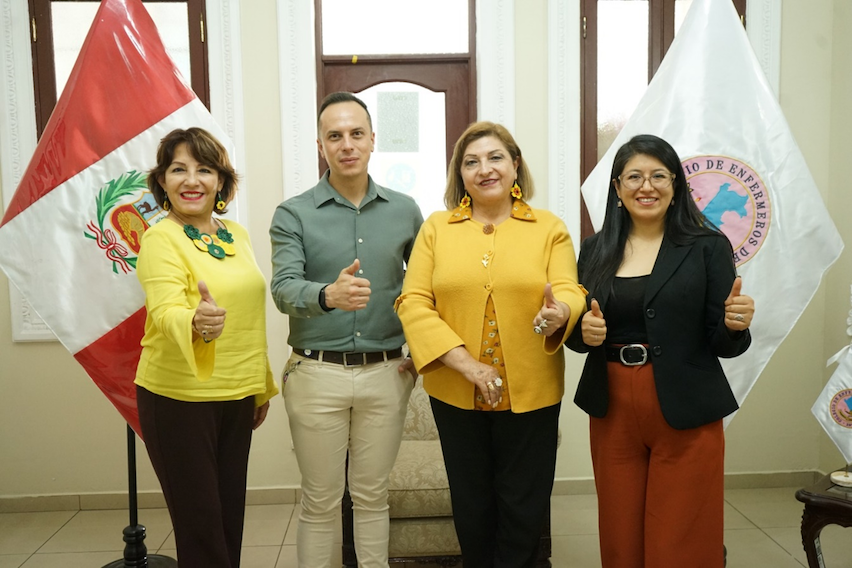
Одна з наших улюблених історій успіху — це практичний ідеал Ісландії з симуляція у центрі. Герої цієї історія — це три медсестри з університетської лікарні Ландспіталі (Ланг) у Рейк'явік, де проходять лікування майже всі пацієнти з інсульт у малозаселеній Ісландії, і де народжуються 70 відсотків ісландських дітей.
У грудні 2017 року ми зустрілися з Маріанною Клінге, Крістіном Хорсдоттіром і Йоніною Хафлеїадотіром на нашому першому в історії турнірі з поїздів-тренерів у Вісбадені. Події тренерів зазвичай спрямовані на неврологів, але медсестри з Ісландії вирішили отримати якомога більше користі, а потім поділитися тим, що вони дізналися, з лікарями та медсестрами ЛюГ. Їхня мета полягала в тому, щоб скоротити час від дверей до лікування в цій лікарні на 50% протягом шести місяців і подвоїти швидкість реканалізація.
Менше ніж через п'ять місяців, у травні 2018 року, ЛЮГ повідомила про те, що кількість пацієнтів, які проходять реканалізація лікування інсульт, зросла на 296 відсотків (порівняно з 2014-2016). Середній час від дверей до лікування знизився з 79 до 25 хвилин світового класу, а рекордний час — 13 хвилин.
Основною причиною, з якої вони втричі збільшили свої цілі менш ніж за встановлений проміжок часу, було те, що медсестри Клінк, хейрсдоттір і Хафлоадотір після повернення з Вісбадена провели низку моделювань шляху за участю всієї інсультна бригада. Ідеї, отримані завдяки цим моделюванням, не лише сформували траєкторію інсульт, але й тим більше вони практикували, тим швидше вони стали.
Та ж сама команда сестринська справа вразила нас швидкістю, з якою вони впровадили протокол ГЦК у інсультне відділення, і поділилася цими протоколами рятувальних заходів для післягострого догляду не тільки у своїй лікарні, але й через ісландську асоціацію інсульт пацієнтів. Вони також ініціювали проект із моніторингу якості, збираючи достовірні дані вихідного рівня у приблизно 200 пацієнтів для порівняння показників до і після цього.
Не дивно, що їхній проект було визнано найкращим проектом року в ЛюГ. Через чотири роки ця яскрава точка з Ісландії продовжує світитися та надихнути інших лікарень і медсестер у мережі Angels.
* Попередня версія цієї історія з’явилася на нашому веб-сайті в серпні 2018 року. Прочитайте оригінальну історія тут.




